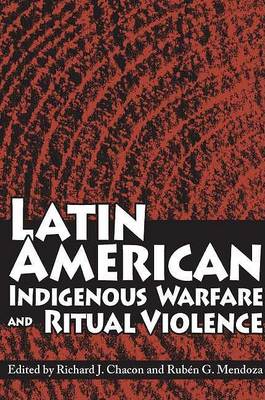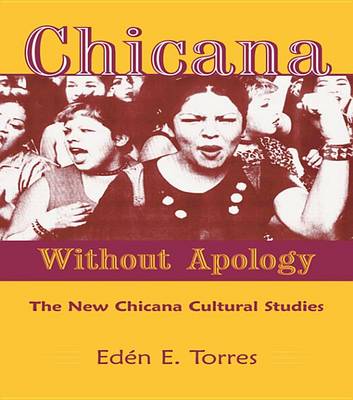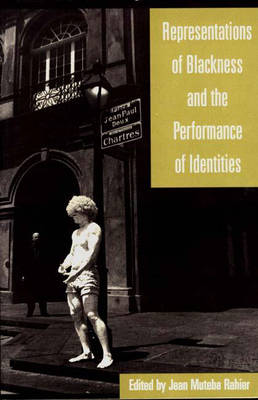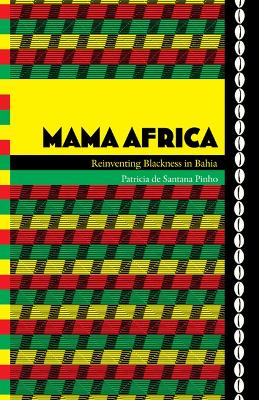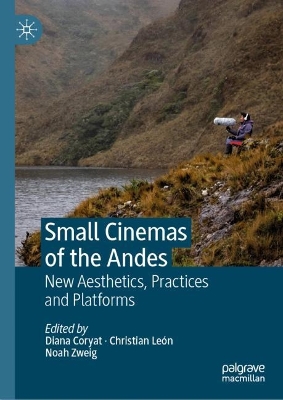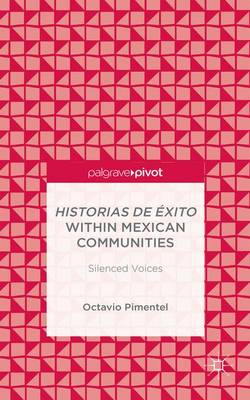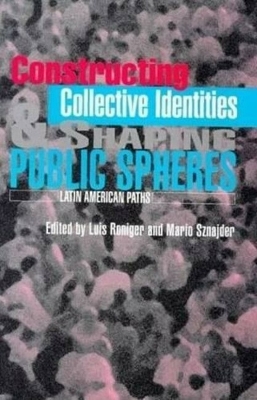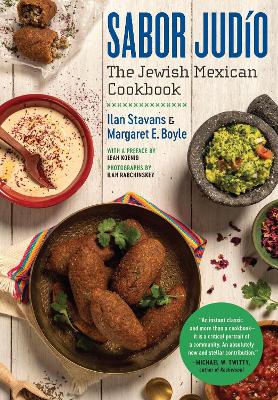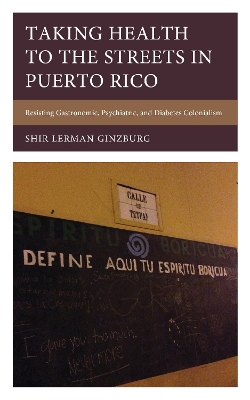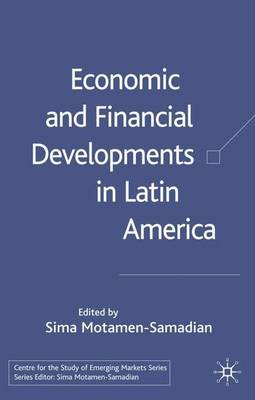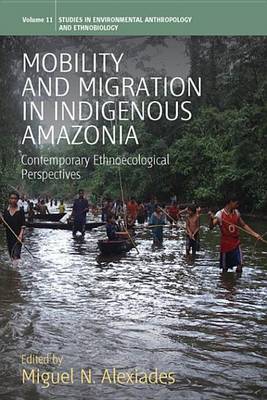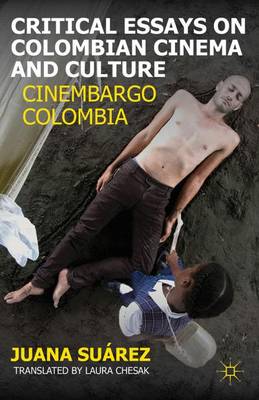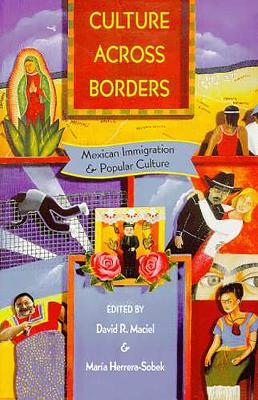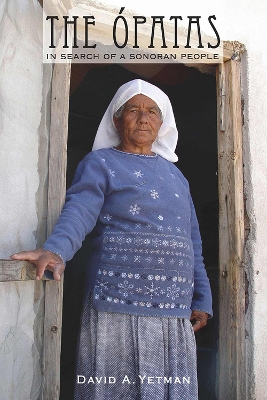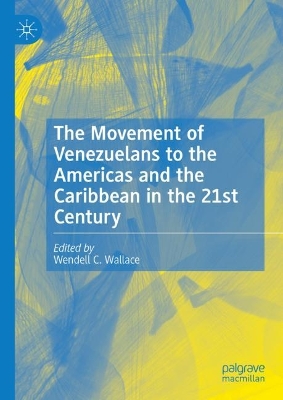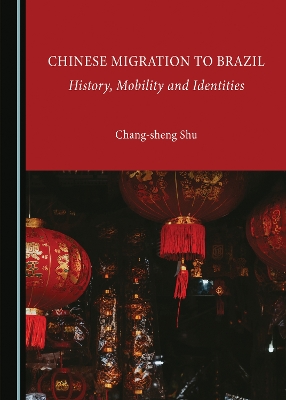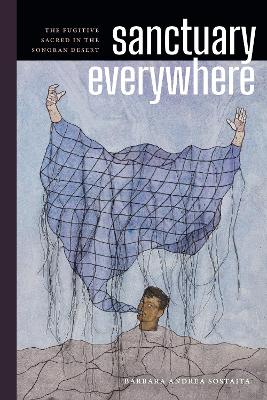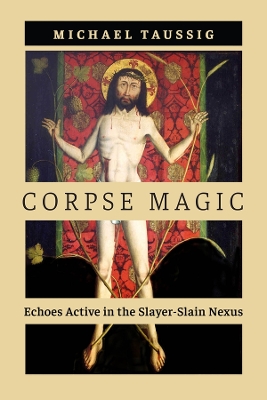This book concerns an indigenous group of Tzotzil-speaking Indians living in the mountain highlands in the state of Chiapas in southern Mexico. It has been recognized as one of the most skillful handlings of Indian themes in Mexican literature.
Latin American Indigenous Warfare and Ritual Violence
by Richard J. Chacon and Ruben G. Mendoza
By approaching Chicana/o issues from the frames of feminism, social activism, and cultural studies, and by considering both lived experience and the latest research, Torres offers a more comprehensive understanding of current Chicana life. Through compelling prose, Torres masterfully weaves her own story as a first-generation Mexican American with interviews with activists and other Mexican-American women to document the present fight for social justice and the struggles of living between two w...
The essays gathered in this volume deal with representations of blackness and the performance of black identities in various historically determined societal contexts of the Americas, Benin, and Spain. The book is grounded on the premise that representations constitute, in part, the world in which we live. An important aspect of the struggles of dominated people consists in more or less overtly challenging, manipulating, combatting, negating, and sometimes inverting representations of themselves...
Often called the “most African” part of Brazil, the northeastern state of Bahia has the country’s largest Afro-descendant population and a black culture renowned for its vibrancy. In Mama Africa, Patricia de Santana Pinho examines the meanings of Africa in Bahian constructions of blackness. Combining insights from anthropology, sociology, and cultural studies, Pinho considers how Afro-Bahian cultural groups, known as blocos afro, conceive of Africanness, blackness, and themselves in relation to...
Small Cinemas of the Andes
This book examines the emergence of small cinemas of the Andes, covering digital peripheries in Ecuador, Bolivia, Peru and Colombia. The volume critically assesses heterogeneous audiovisual practices and subaltern agents, elucidating existing tensions, contradictions and resistances with respect to established cinematic norms. The reason these small cinematic sectors are of interest is twofold: first, the film markets of the aforementioned countries are often eclipsed by the filmmaking giants of...
The Curse of Nemur (Illuminations: Cultural Formations of the Americas)
by Ticio Escobar
The Tomaraho, a subgroup of the Ishir (Chamacoco) of Paraguay, are one of the few remaining indigenous populations who have managed to keep both their language and spiritual beliefs intact. They have lived for many years in a remote region of the Gran Chaco, having limited contact with European or Latin American cultures. The survival of the Tomaraho has been tenuous at best; at the time of this writing there were only eighty-seven surviving members. Ticio Escobar, who lived extensively among th...
Using qualitative research data on Mexican/Mexican Americans and their historias de éxito that center on Mexican centric concepts such as buen trabajador, bien educado, and buena gente, Octavio Pimentel reveals that when social networks guide personal goals in these communities, goals become community-oriented rather than personally-oriented.
Objetos Como Testigos del Contacto Cultural (Estudios Indiana, #11)
by Luis J Abejez, Ulrike Bock, Marie Chosson, Isabelle Combes, Caroline Cunill, Nelson Fernando, Wolfgang Gabbert, Regina Lira Larios, Rodrigo Llanes Salazar, and Gonzalez Martinez
Constructing Collective Identities & Shaping Public Spheres
A collection of essays on the construction of Latin America's collective identities.
Sabor Judío (A Ferris and Ferris Book)
by Ilan Stavans, Margaret E. Boyle, Ilan Rabchinskey, and Leah Koenig
Sabor Judio celebrates the delicious fusion of two culinary traditions: Jewish and Mexican. Written with joy and verve, Ilan Stavans and Margaret Boyle's lavishly illustrated cookbook demonstrates how cooking and eating connect the Jewish-Mexicans across places and generations. Featuring one hundred deeply personal recipes enjoyed by Mexican Jews around the world, the book is organized by meal—desayuno (breakfast), almuerzo (lunch), and cena (dinner)—and also includes dishes made for Shabbat, Ro...
Taking Health to the Streets in Puerto Rico: Resisting Gastronomic, Psychiatric, and Diabetes Colonialism traces the ways in which diabetes, depression, and food insecurity interact under the rule of US colonization in Puerto Rico as well as the ways in which these illnesses are interlaced with contemporary culture, colonization, and politics. Central to the book, and critical to its unique creative significance and contribution, is the conceptual unification of politicized health and the embodi...
Economic and Financial Developments in Latin America (Centre for the Study of Emerging Markets)
This book evaluates the economic effect of monetary policies and exchange rate arrangements within Latin America. Using theoretical and empirical studies, the text examines pertinent issues in Argentina, Mexico and Brazil, including the role of currency board, inflation targeting and international prudential regulation in banking crisis reduction.
One in ten children worldwide is involved in some form of child labor. While almost half are in occupations that put their safety at risk, the other half have "grey" jobs like industrial farming or selling candy on the street. Children in these positions often defend the value of their work, and some even join social movements to demand the "right to work with dignity". In Good Kids, Isabel Jijon reveals how global campaigns against child labor are often met with resistance from the very childre...
Contrary to ingrained academic and public assumptions, wherein indigenous lowland South American societies are viewed as the product of historical emplacement and spatial stasis, there is widespread evidence to suggest that migration and displacement have been the norm, and not the exception. This original and thought-provoking collection of case studies examines some of the ways in which migration, and the concomitant processes of ecological and social change, have shaped and continue to shap...
An expanded translation of the groundbreaking book on Colombian cinema, this work addresses not only the inadequate distribution of criticism on Colombian cinema outside Latin America, but also employs an interdisciplinary focus that combines historical, anthropological, and sociological approaches to the country's culture.
The Movement of Venezuelans to the Americas and the Caribbean in the 21st Century
Citizens in the contemporary era are increasingly residing in an age of constant migration, however, not all migratory movements are fully understood as migrants are often excoriated on entry to host countries. It is therefore important to enhance our understanding of migration, especially from nations that were once touted as being all-conquering, powerful, and mighty, as is the case of Venezuela. The Movement of Venezuelans to the Americas and the Caribbean in the 21st Century places singular...
This is the first book to explore the Chinese migration to Brazil from various aspects, including history, population, migration models, religions, diasporic associations, media, heritage language schools and literary writings. Providing an important historical perspective, the text analyzes the transnational nature of the Chinese immigrant communities in Brazil, as well as their spatial distribution, economic status, mobility and identity formation. Anyone interested in the phenomenon of Chines...
In Sanctuary Everywhere, Barbara Andrea Sostaita reimagines practices of sanctuary along the U.S.-Mexico border in order to explore the possibilities for radical fugitivity in the face of militarized border enforcement. After the 2016 presidential election, churches, universities, cities, and even states began declaring themselves sanctuaries. Sostaita proposes that these calls for expanded sanctuary are insufficient when dealing with the everyday workings of immigration enforcement. Through fie...
Corpse Magic examines beliefs about the vengeance the slain can magically enact on their killers, focusing on lethal violence in Colombia and the US. Corpse Magic is a response to the ubiquity of violence across the world. In this bracing, new work, the influential anthropologist Michael Taussig puts state-sanctioned violence in Colombia related to gangs, guerrilla warfare, and police action in conversation with violence in the United States, especially mass shootings and the killing of Black A...

